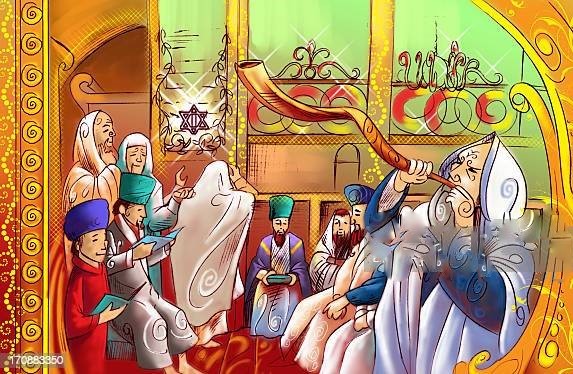GEVURAH: YESHIVAT HAVERIM – BABYLONIAN TALMUD p58

R. Simeon’s father-in-law, R. Pinhas b. Yair, heard (that they were coming) and went to meet
them. He took them to the bath-house. While R. Simeon was cleaning his (own) body, R. Pinhas
noticed that it was full of blisters; tears ran from his eyes when he saw this, and (the tears falling
upon the flesh of his son-in-law) caused R. Simeon pain. Said R. Pinhas: “Woe unto me, that I
see thee in this state.” R. Simeon rejoined: “Well unto thee, that thou seest me so, for if thou
hadst not seen me in this state thou couldst not find in me (all the learning) that thou canst find
in me now.”
MISHNA VIII.: One must say three things in his house on Friday, when it is getting dark.–viz.
“Have you set aside the tithes (from the fruit, which is to be eaten on the Sabbath)?” “Have you
put up the Erubh?” and “Light ye the lamp.” When one is in doubt whether darkness has set in,
he must not separate tithes from (fruit of which he is) certain (that tithes had not been set aside),
and he shall not put vessels under process of lavation, 2 and he shall not light a lamp any more.
But he may set aside tithes from (fruit of which he is) not certain (that tithes have been set
aside), and he may put up the Erubh and also put his victuals into the stove for the purpose of
keeping them warm.
GEMARA: Whence is this deduced? Said R. Joshua b. Levi: from [Job, v. 24] “Thou shalt know
that peace is in thy tent, and shalt examine thy dwelling, that thou mayest not sin.” Rabba b. R.
Huna said: Although the masters have taught that “one must say three things,” etc., yet he ought
to say them quietly, in order that (his family) should accept them from him (in good grace). Said
R. Ashi: “I have not heard of this saying of Rabba b. R. Huna before, yet I have always done so as a matter of common sense.”